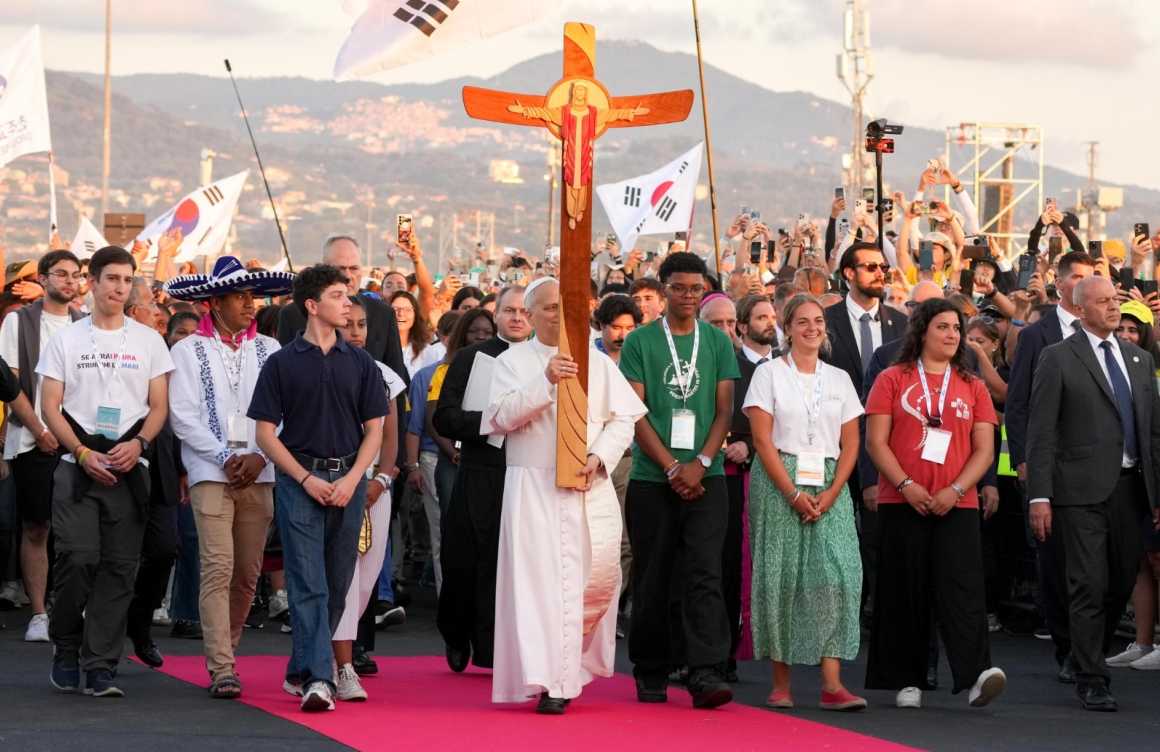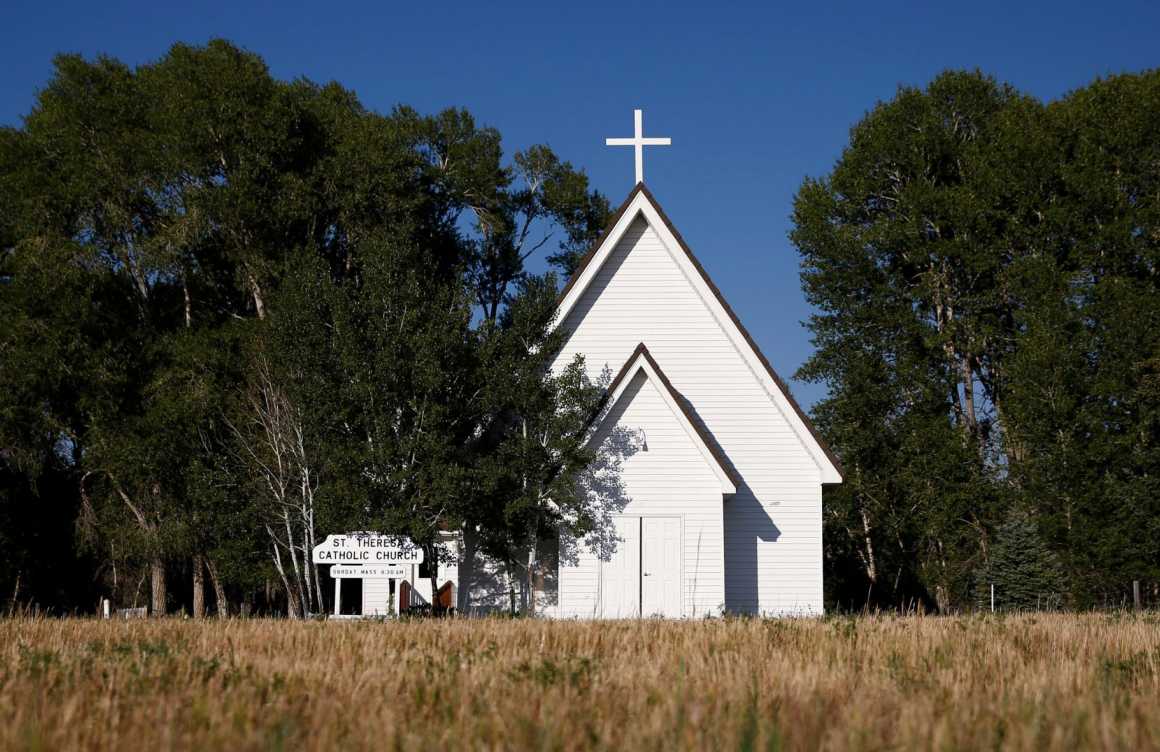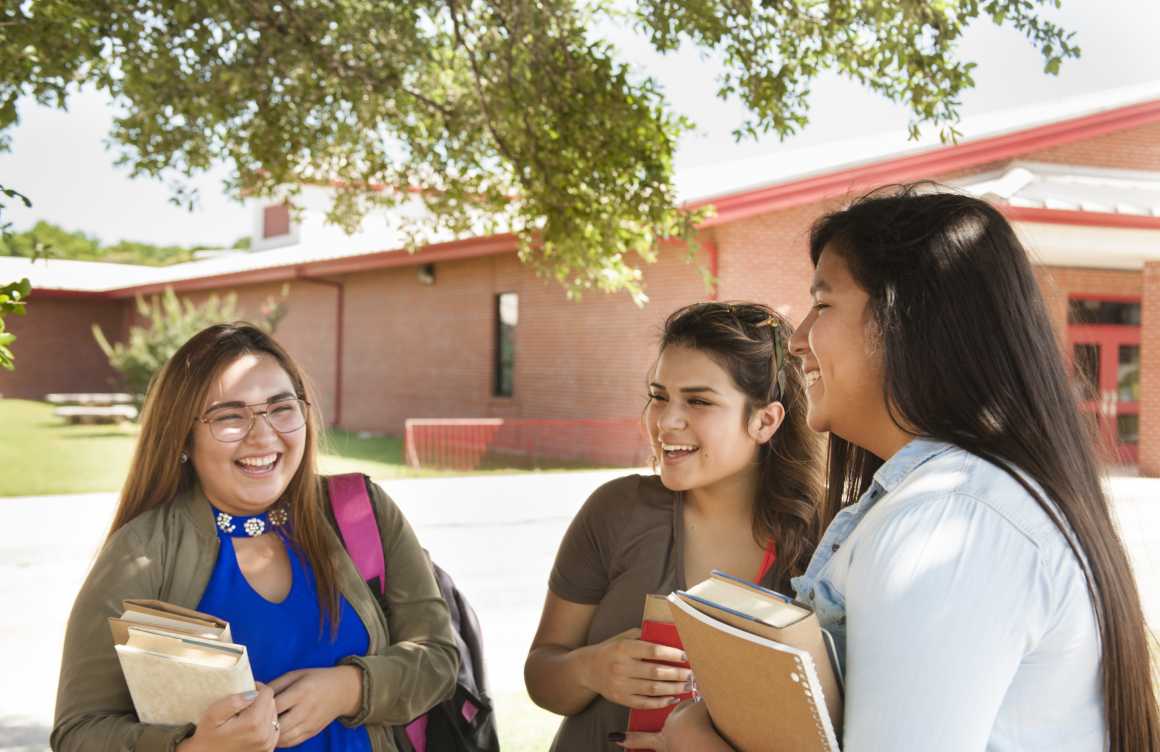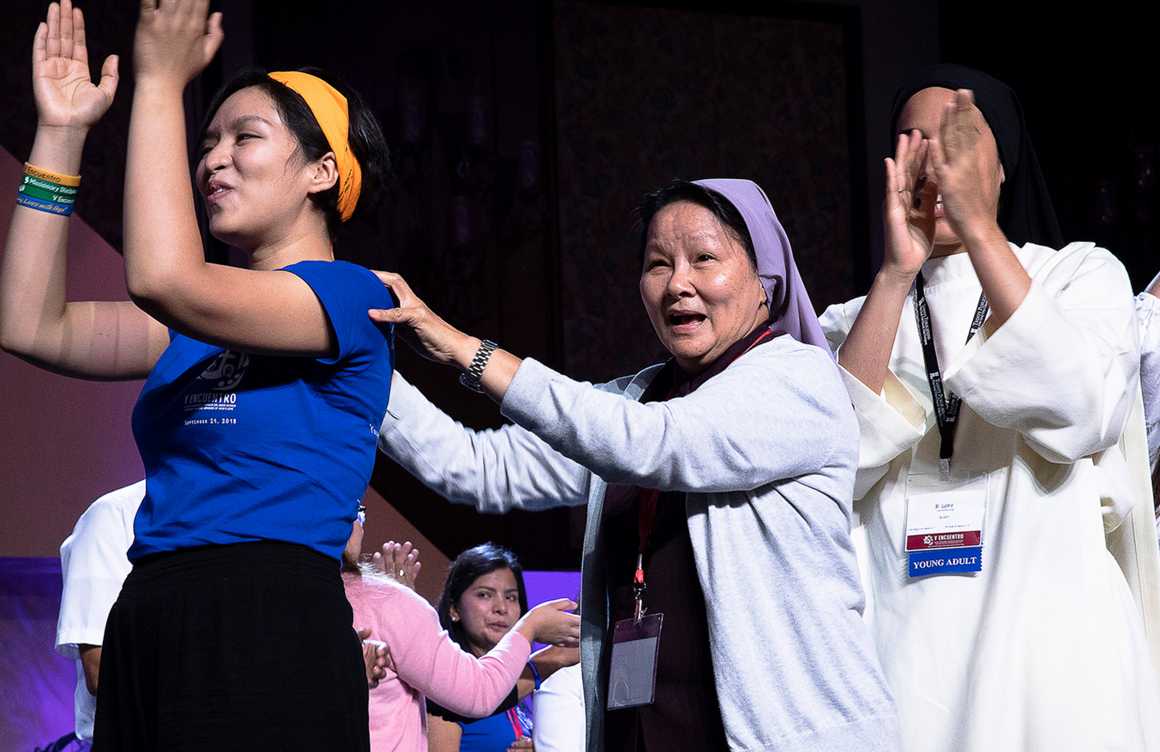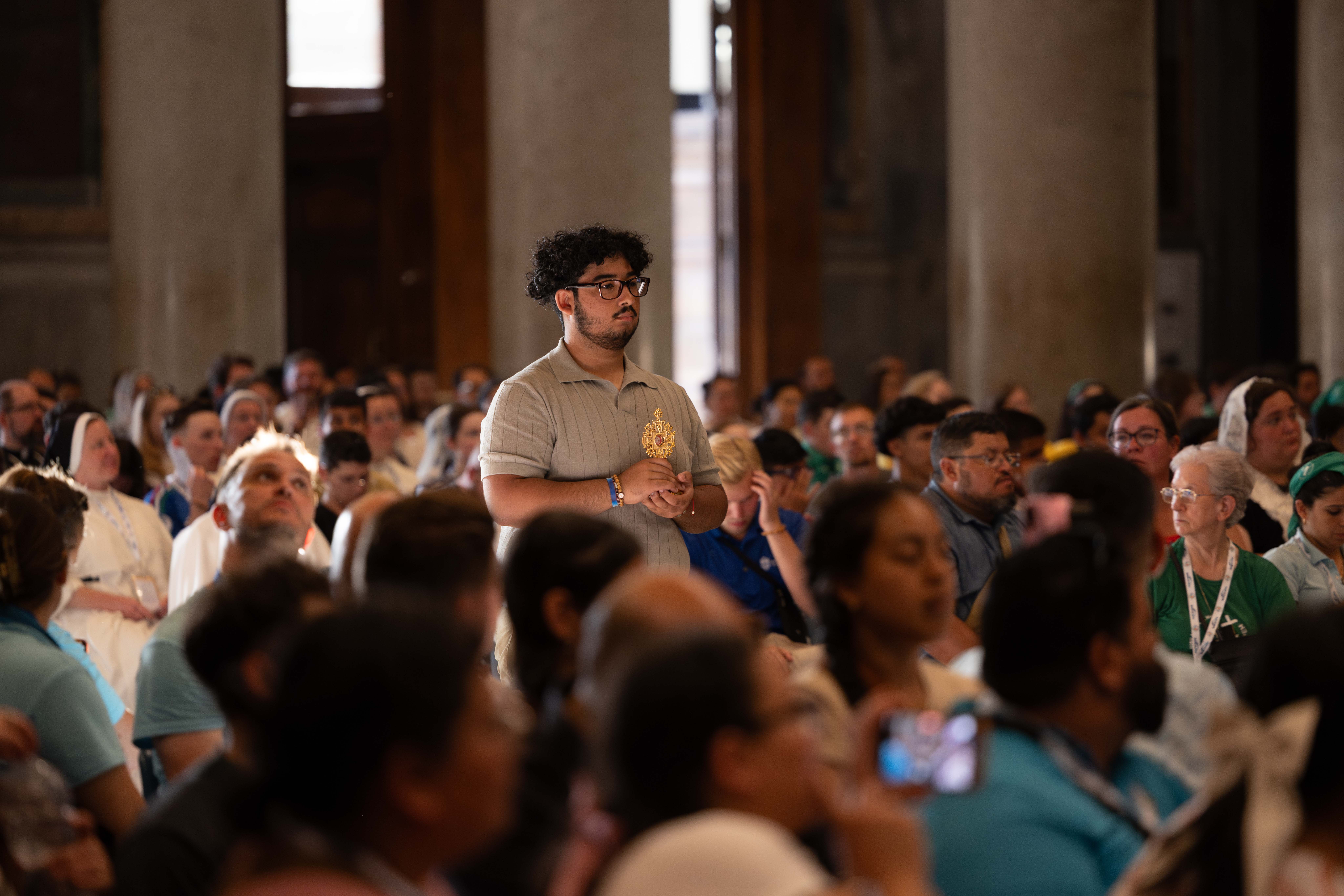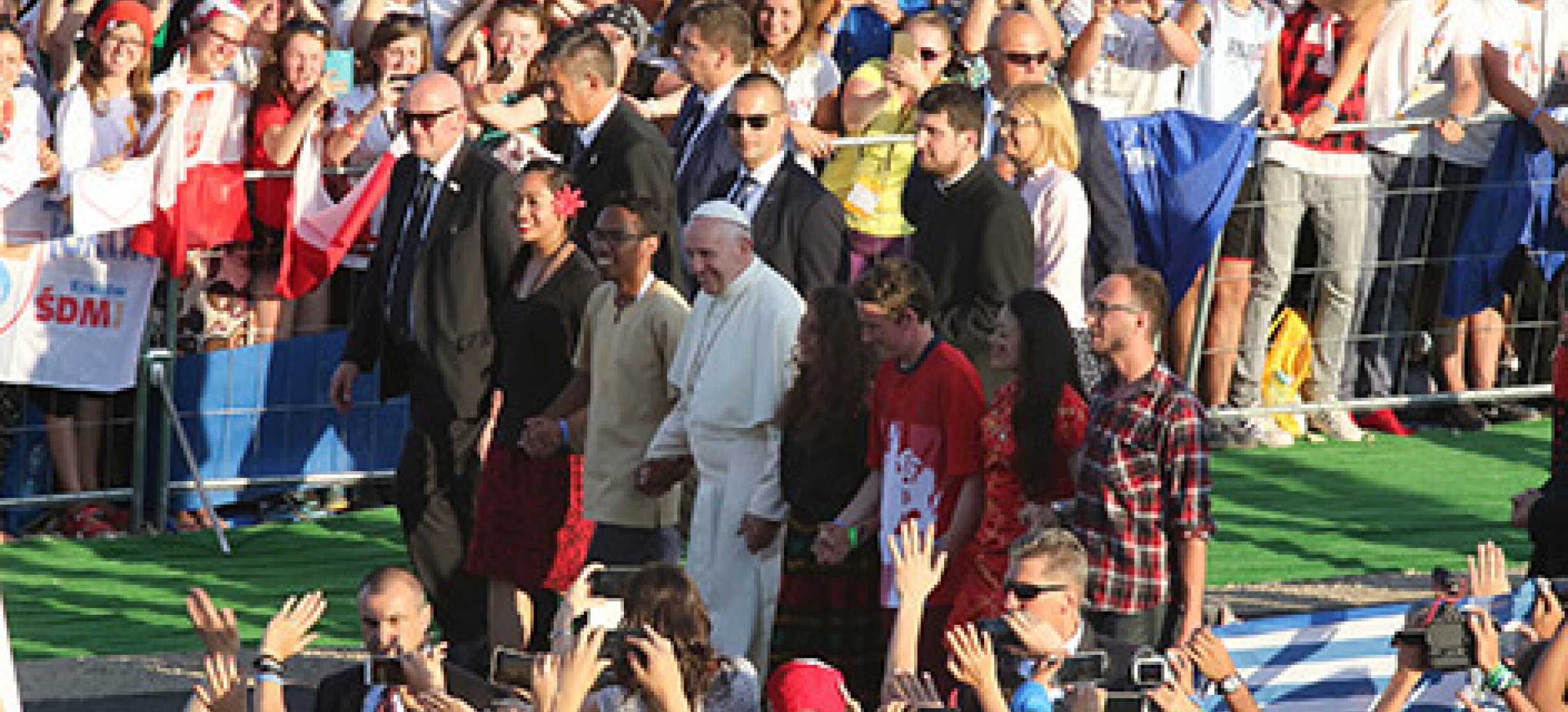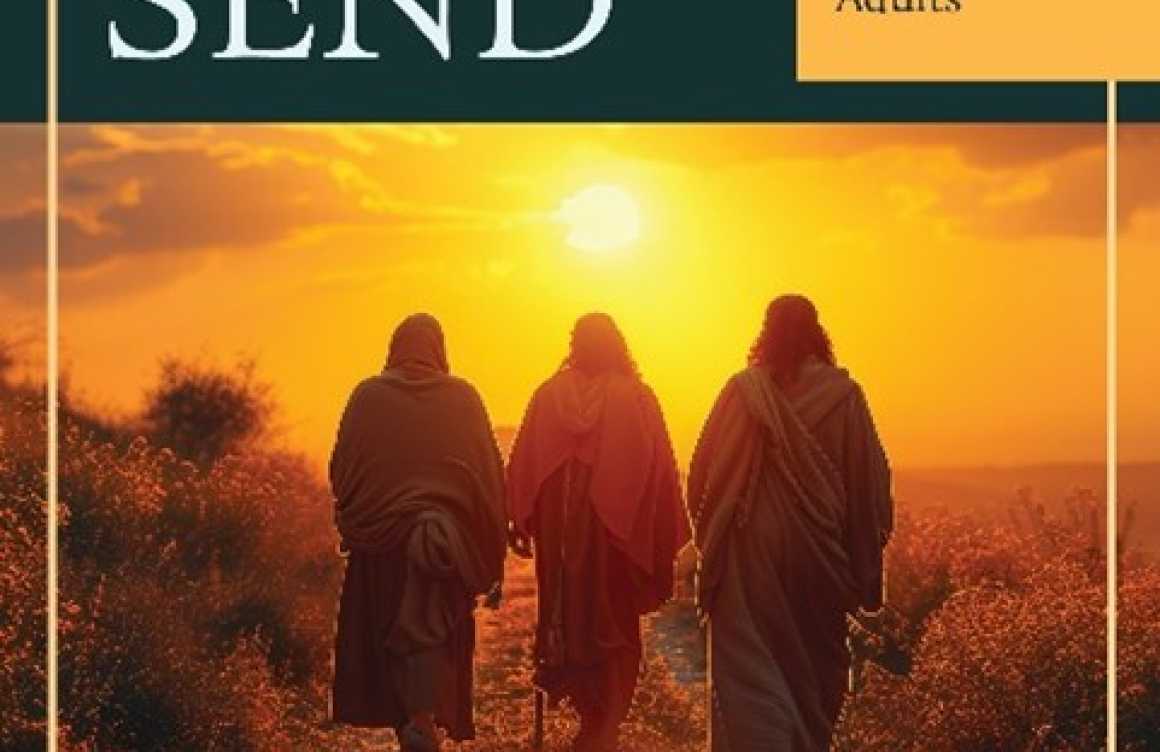
Listen, Teach, Send
A USCCB National Pastoral Framework for Ministries with Youth and Young Adults entitled Listen, Teach, Send (available here) serves as the primary guide for the Catholic approach to young people (including teens and young adults). Inspired and responding to Pope Francis's apostolic exhortation Christus Vivit, it is also a summons for local parishes and faith communities to renew and revitalize their accompaniment and evangelization of younger generations.


